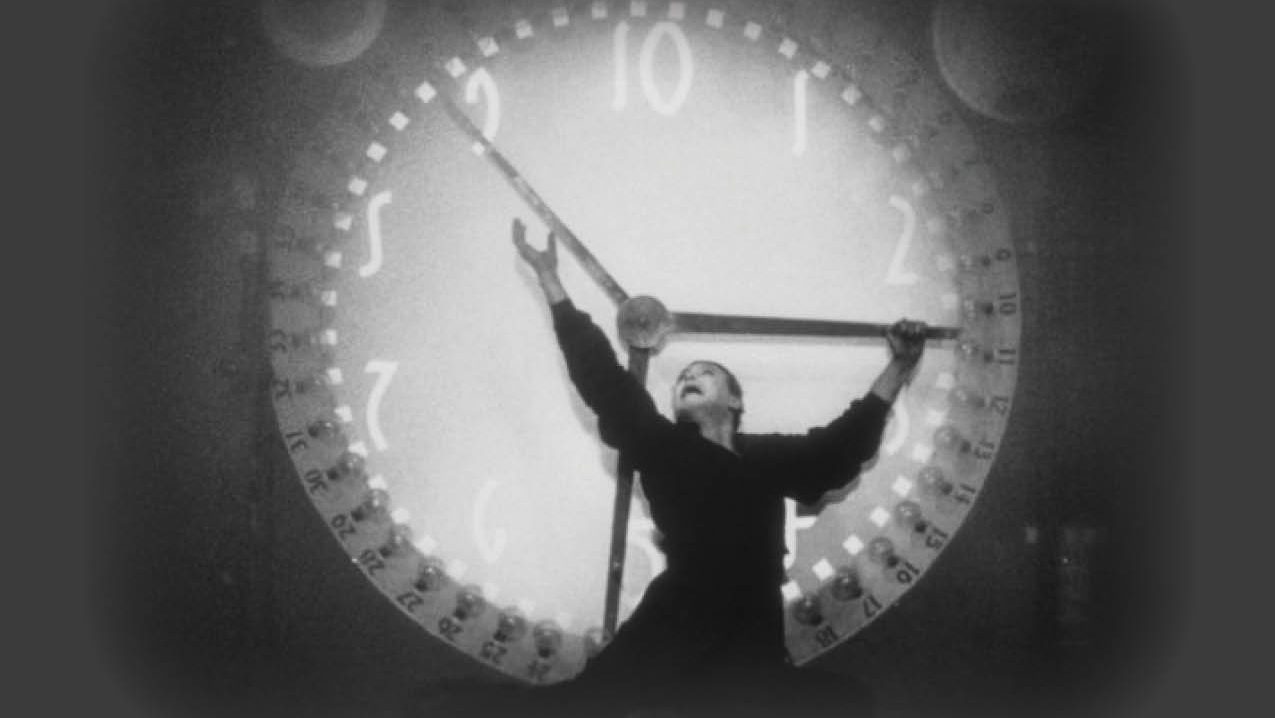
“The Present: A New Period in European History”
Class of 1932 Visiting Fellow in the Humanities Council and Department of History Martin Conway
October 13, 2022 · 4:30 pm—6:00 pm · 211 Dickinson Hall or Zoom
Center for Collaborative History; Humanities Council

Historians of Europe seem to have had difficulty in letting go of the twentieth century. The project of writing a contemporary history of Europe absorbed for several decades the best energies of a post-war generation of historians concerned to understand the span of conflicts, violence, division and, ultimately, peaceful reunification which provided a defining narrative for what Hobsbawm termed Europe’s short twentieth century from 1914 to 1989. This was a narrative which focused above all on the events of the 1930s and 1940s, in which Germany, and Germans, were often the central actors. However, Europe, and its historians, now inhabit a new century; and to incorporate the profound changes which have occurred in Europe since the 1990s into this narrative framework has become a project of diminishing returns. Europe has a new shape, new institutions, and indisputably a new political and social character. It is also preoccupied by new crises and uncertainties: the erosion of European sovereignty, the economic and political challenges from the east, and a newly volatile and unpredictable political trajectory. The purpose of this lecture is therefore to explore what happens when historians try to let go of the defining framework of the twentieth century, and confront the history of the present.
Martin Conway’s research has been principally concerned with European history from the 1930s to the final decades of the twentieth century. Like many others, he was initially interested in the inter-war years, and my doctoral thesis explored the history of the extreme-right movement in Belgium, the Rexist movement, during the Second World War. Published in 1993 as Collaboration in Belgium: Léon Degrelle and the Rexist Movement 1940-1944, it was subsequently published in French and Dutch translations. The Catholic origins of the Rexist movement led him on to develop a wider interest in Catholic politics, and he has published a number of books and articles which have looked more generally at the shape of Catholic politics in Europe. Professor Conway has also continued his interest in Belgium, and wrote a large-scale study of Belgium after its liberation in 1944. This was published in 2012 as The Sorrows of Belgium: Liberation and Political Reconstruction 1944-47.















